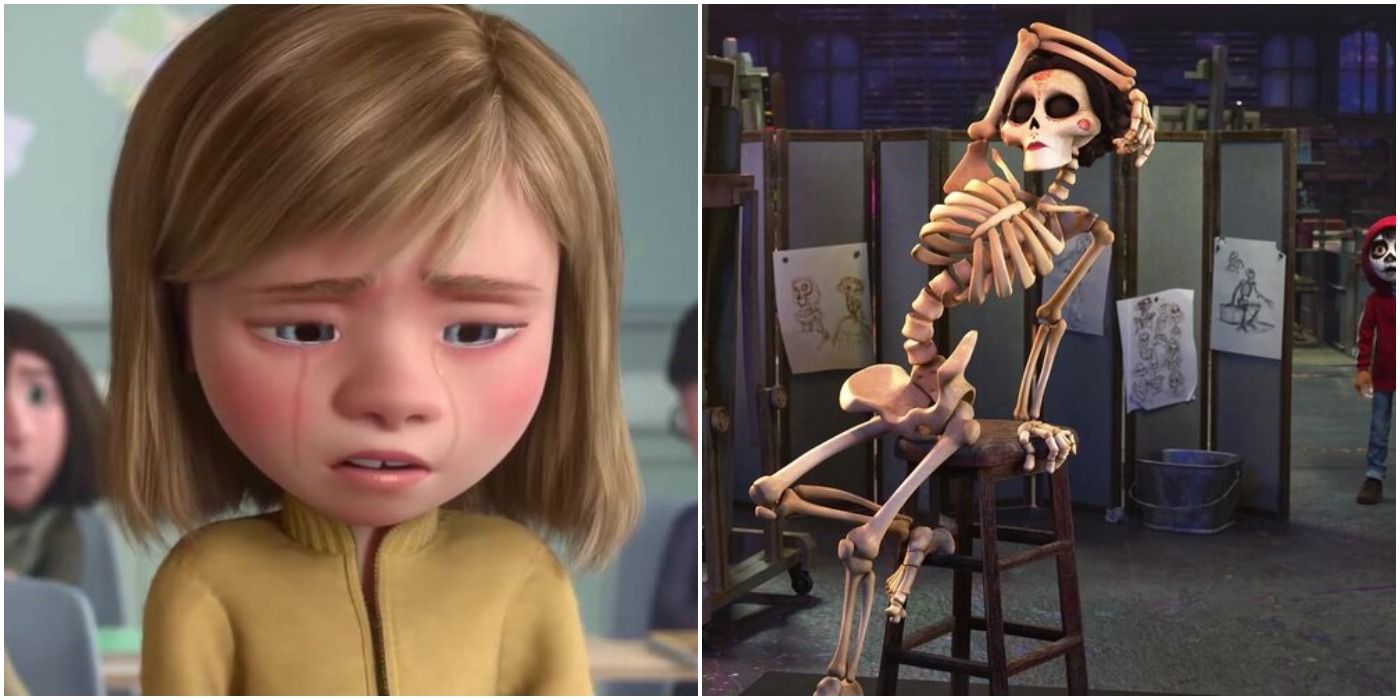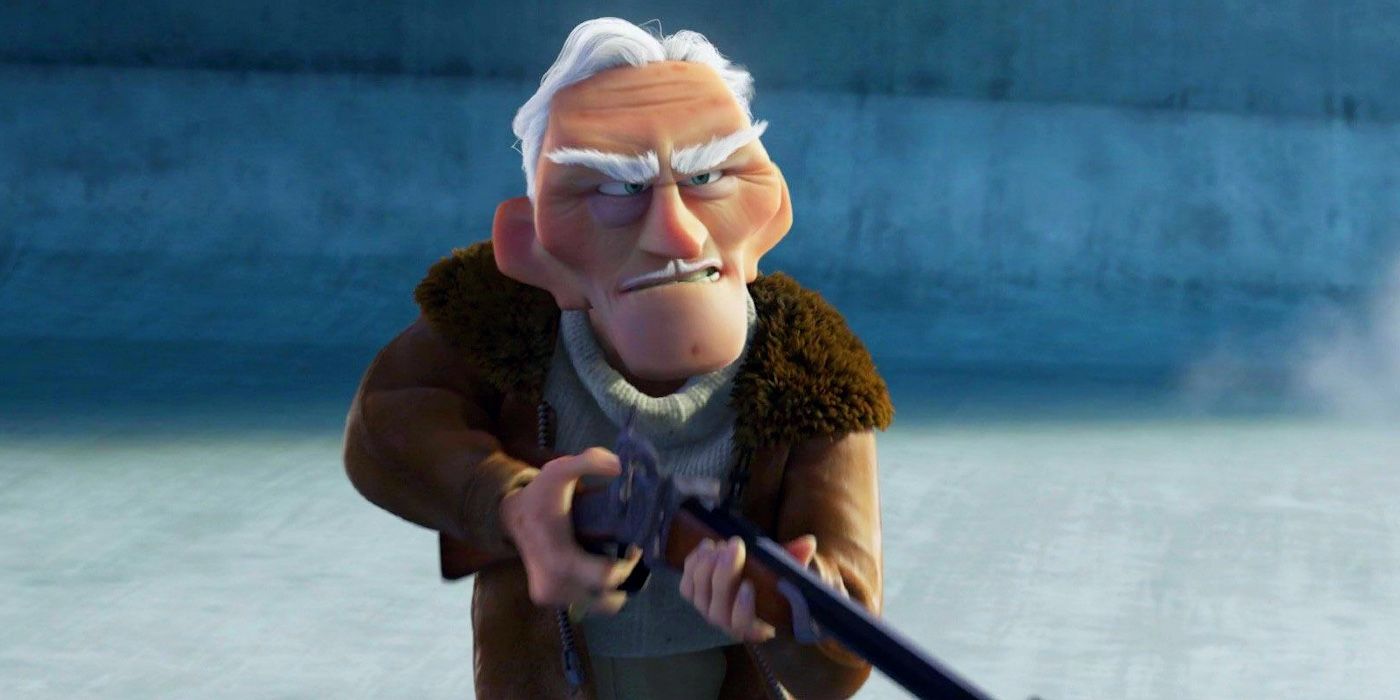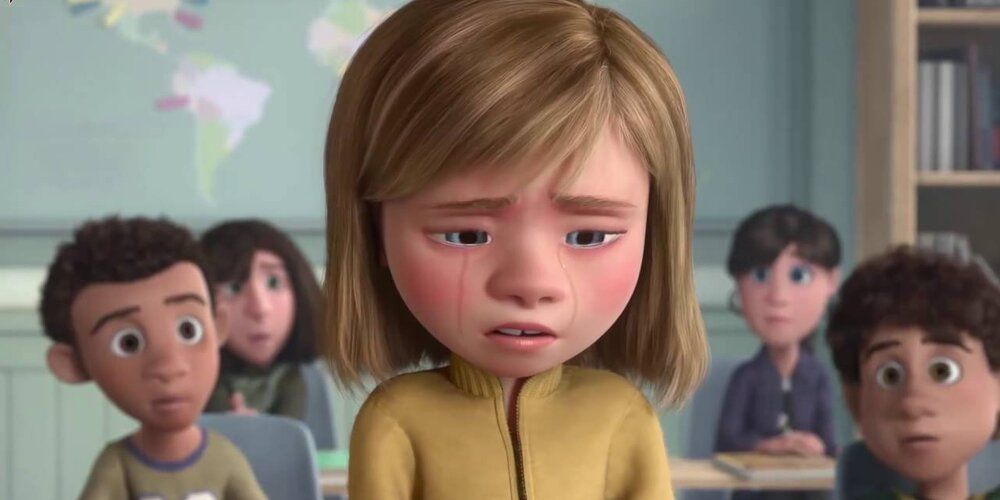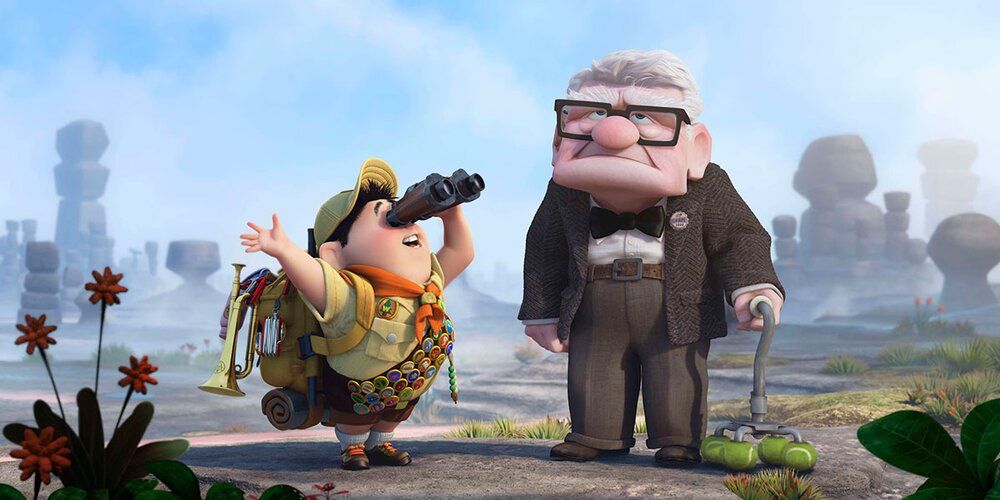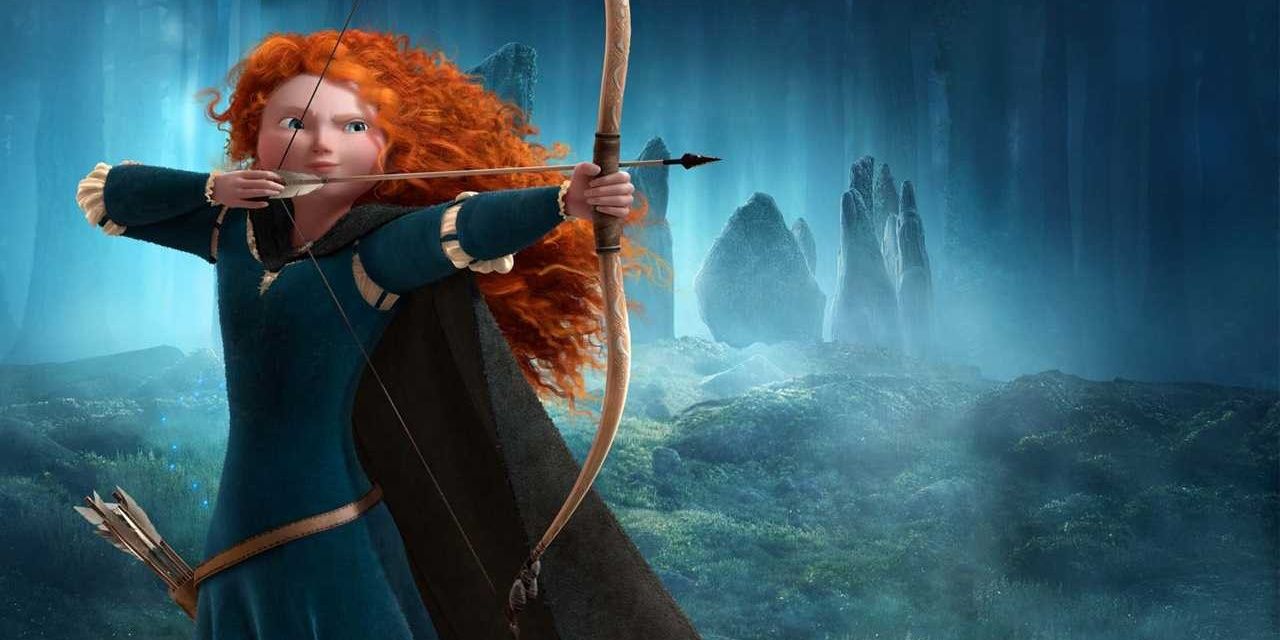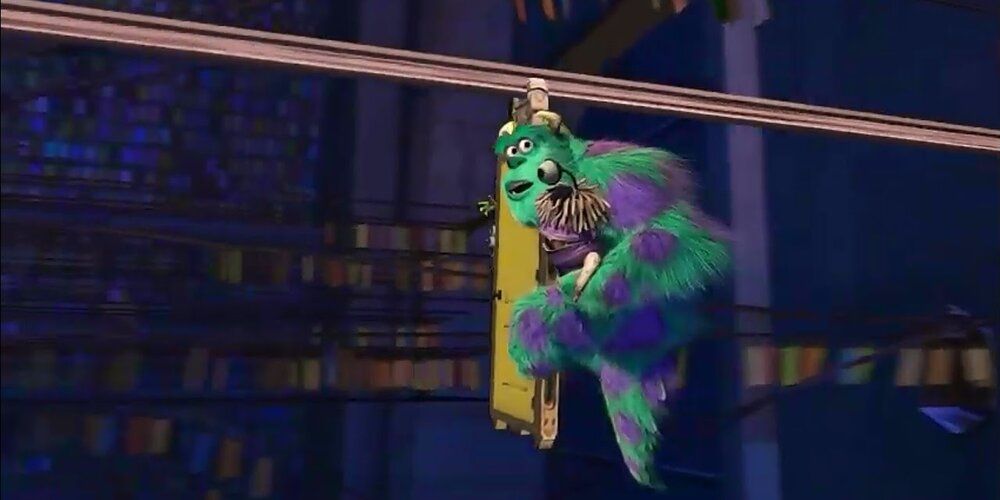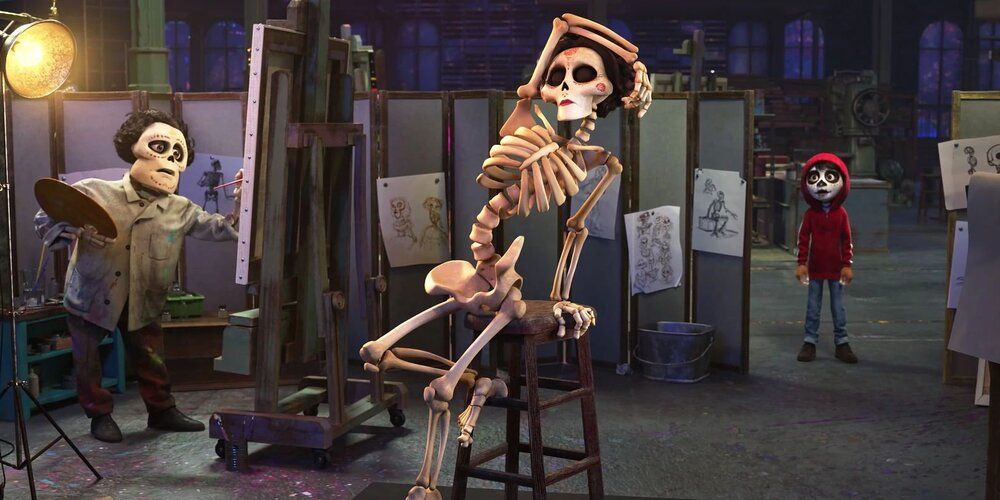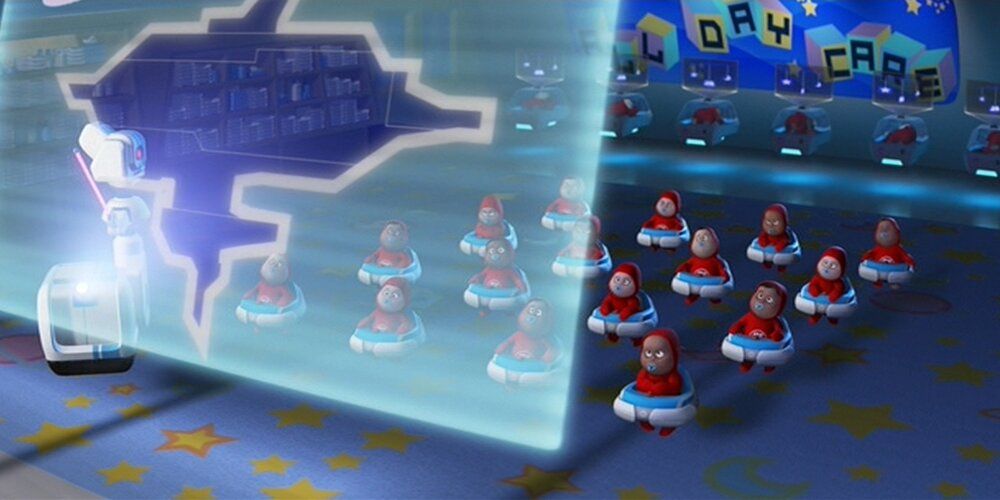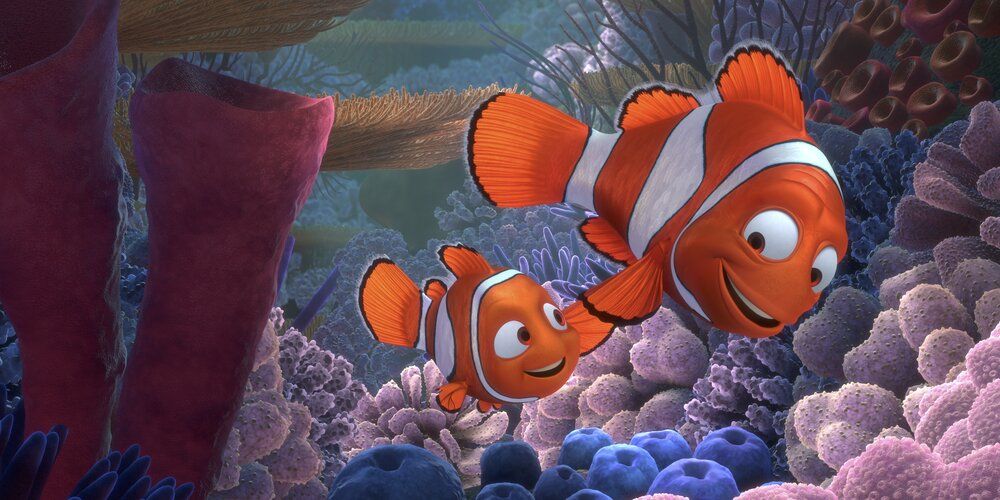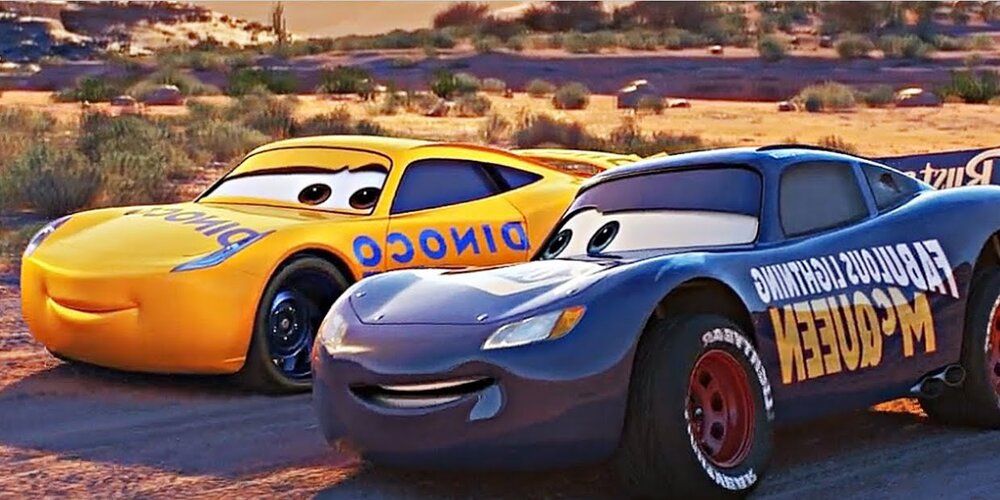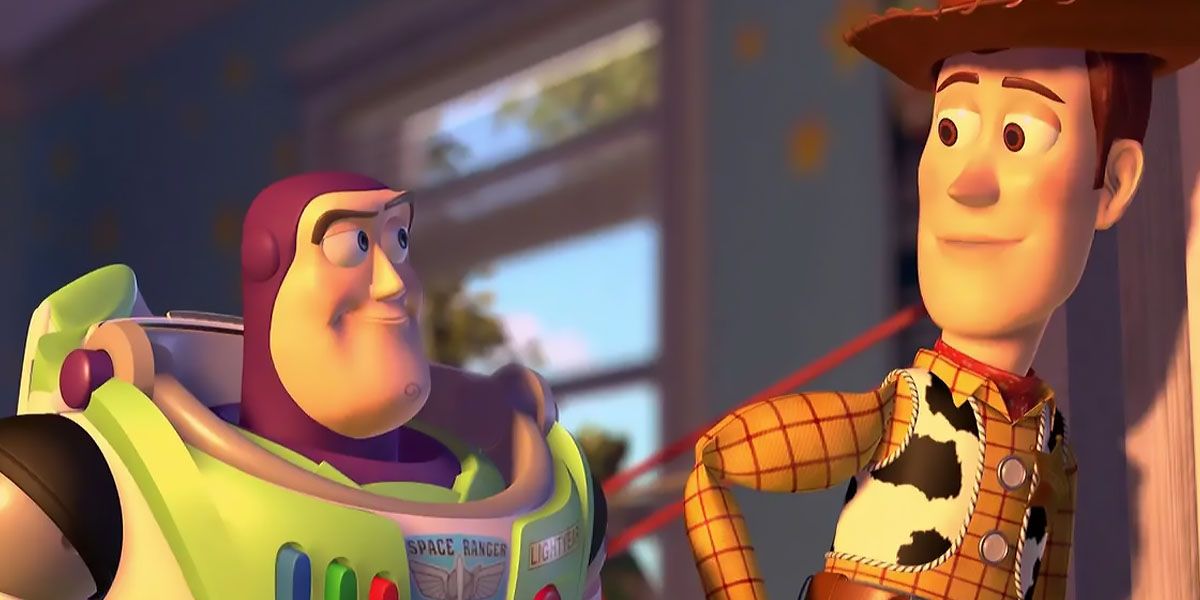Pixar is, in the eyes of many, close to the gold standard for storytelling in Western animated movies. Their beautiful animation, beloved characters, and storytelling have earned them acclaim and many fans, even in periods when their output is considered to be below its usual standard.
In particular, Pixar's storytelling relies heavily on similar tropes or plot elements between many of their films. While all of these have contributed to esteemed films, some are beginning to show their age, being repetitive or outdated in a modern environment. Some, however, have truly stood the test of time, and should continue to appear in their movies going forward.
10 Overdone: The Mentor Or Idol Betraying The Protagonist
This tope doesn't occur in every Pixar film, but it is nonetheless a recurring one. Several Pixar movies feature a seemingly-friendly mentor, idol, or other helpful figure who, over the course of the film, turns out to be the ultimate protagonist.
With Charles Muntz in Up, Stinky Pete and Lotso Hugging Bear in Toy Story 2 and 3, Waternoose in Monsters Inc., and Ernesto de la Cruz from Coco, this plot point has become predictable and lost the impact it once had.
9 Can't Get Enough Of: Emotions Being Treated Respectfully
Pixar movies are often very emotional affairs, and don't shy away from showing major characters in all sorts of negative emotional states. Carl's grief and loneliness in Up, Riley's depression in Inside Out, Marlin's paranoia in Finding Nemo, and Mr. Incredible's mundane dissatisfaction in The Incredibles are all maturely explored from multiple angles.
Few animated movies approach these serious topics as respectfully, maturely, or even engagingly as Pixar movies do, and many fans commend the company for not shying away or treating these topics like throwaway problems.
8 Overdone: Protagonists Reluctantly Working Together
In several movies, Pixar gain both comedy and tension from the reluctance of the protagonists to work together due to different philosophies, methods, difficulties, or many other things. Joy shames Sadness for much of Inside Out, Carl makes it clear that Russel and Doug are unwanted on the journey in Up, and Woody and Buzz openly dislike each other for much of Toy Story.
With these and countless other examples, Pixar has started to run dry the use of this way of gaining tension. Their movies with solo protagonists or protagonists who openly get on together, such as Coco or Luca, show that Pixar don't need to rely on this trope for tension and are more than capable of generating it in other ways.
7 Can't Get Enough Of: Misfit Protagonists
It is by no means unique to Pixar, but their protagonists in several movies do not fit the mold, whether it is for physical reasons, social reasons, or simply circumstances. The Parr family are superheroes in a world where they are banned, Remy is a rat chef in a colony who care not for cooking, and Merida is a young girl in a royal family who doesn't want to marry.
Despite many of their movies having protagonists who don't fit in, Pixar continues to show that they can use this trope well and weave compelling stories from it. Most recently, Luca told the story of a pair of sea monsters attempting to blend in with Italian society to praise, showing this trope can still be fresh.
6 Overdone: The Chase Scene Climax
Given Pixar's reputation as "for kids" and their tendency to make action-adventure films, they are somewhat limited in the ways that they can end a film, being restricted from violent final battles or more sedate climaxes. Nonetheless, they make heavy use of chase scenes to end a film, including but not limited to Incredibles 2, Toy Story 1 and 2, Finding Nemo, and Monsters Inc.
It has started to become repetitive. The Incredibles demonstrates their ability to do final battles in a family-friendly way, and Coco shows that a more emotionally-centered climax is also possible, so they should lean more into other ways to resolve a film's conflicts.
5 Can't Get Enough Of: Subtle Adult Humor
While Pixar's films are typically considered family friendly, they try to appeal to a broad range of demographics, including the older and more mature members of said family. Through complex themes, deeper-than-they-appear plots, and through the use of jokes that will go above the heads of children, they typically manage this feat.
Whilst their competitors, such as DreamWorks or even Disney, have been known to go too far with adult humor in their films to the point of it being unsuitable or exclusionary towards children, Pixar usually keeps it subtle and understated but still present to keep adults entertained during their films.
4 Overdone: Holding Back On Satire
Most Pixar movies tend to keep to positive, affirming themes, emphasizing the ability of individuals to resolve problems, overcome their difficulties, and become better people. Sometimes, however, Pixar breaks out its satire, most notably in WALL-E where humanity demonstrates a tendency to become lazy and helpless when given the chance, all through bright humor and in an amusingly understated way.
Despite WALL-E becoming iconic in part for this portrayal, Pixar have since then kept the satire mostly under wraps. They have shown that they are capable of handling it extremely well, and yet have shied away in recent years. Many fans wish for them to make another movie as biting.
3 Can't Get Enough Of: Dysfunctional But Well-Meaning Parents
Many Pixar protagonists have difficult or struggling relationships with their family, usually related to specific flaws of their parents. Marlin in Finding Nemo is overprotective, as are Luca's parents in Luca. In Coco, Miguel's family forbid music despite his passion for it. Even Bob and Helen Parr in The Incredibles have tension with forcing their children to hide their natural abilities.
However, it is rare for parents to be shown as actively malicious in this. Typically, the parents are fully-formed characters in their own right, with sympathetic if misguided reasons for their failings, and part of the film is resolving this. It's a good message for children, and one that resonates with all audiences.
2 Overdone: Sequels Over Original Films
Some of Pixar's most magical and beloved work comes from their original properties. Both Up and WALL-E came by storm and delighted audiences with no IP behind them for fans to draw on. In recent years, particularly since their partnership with Disney, Pixar have produced more and more sequels— most notoriously, Cars 2 and 3.
Some of these are well-enjoyed by fans, including Incredibles 2 and Monsters University, and Pixar have recently released several acclaimed original films such as Coco and Soul. Nonetheless, it is a trend many fans are hoping will reduce in the future.
1 Can't Get Enough Of: Meaningful Partial Victories
It is a recurring trope in Pixar movies that protagonist often don't get exactly what they want. Joy isn't able to stop Sadness from affecting memories, but the two have learned to work together to ensure Riley is well-rounded and mostly happy. Woody has to share being Andy's favorite toy with Buzz, but the two have come to respect one another. Carl in Up doesn't move where Ellie always wanted them to, but instead finds a new family.
Instead, what they get is more meaningful, and reflects the character development they have gone through, so their partial victory makes them more happy and a better person than if their desires were fulfilled. This sort of ending is inevitably more satisfying than a more mundane complete victory, and many fans hope that Pixar continue to pull it off in unexpected ways going forward.

